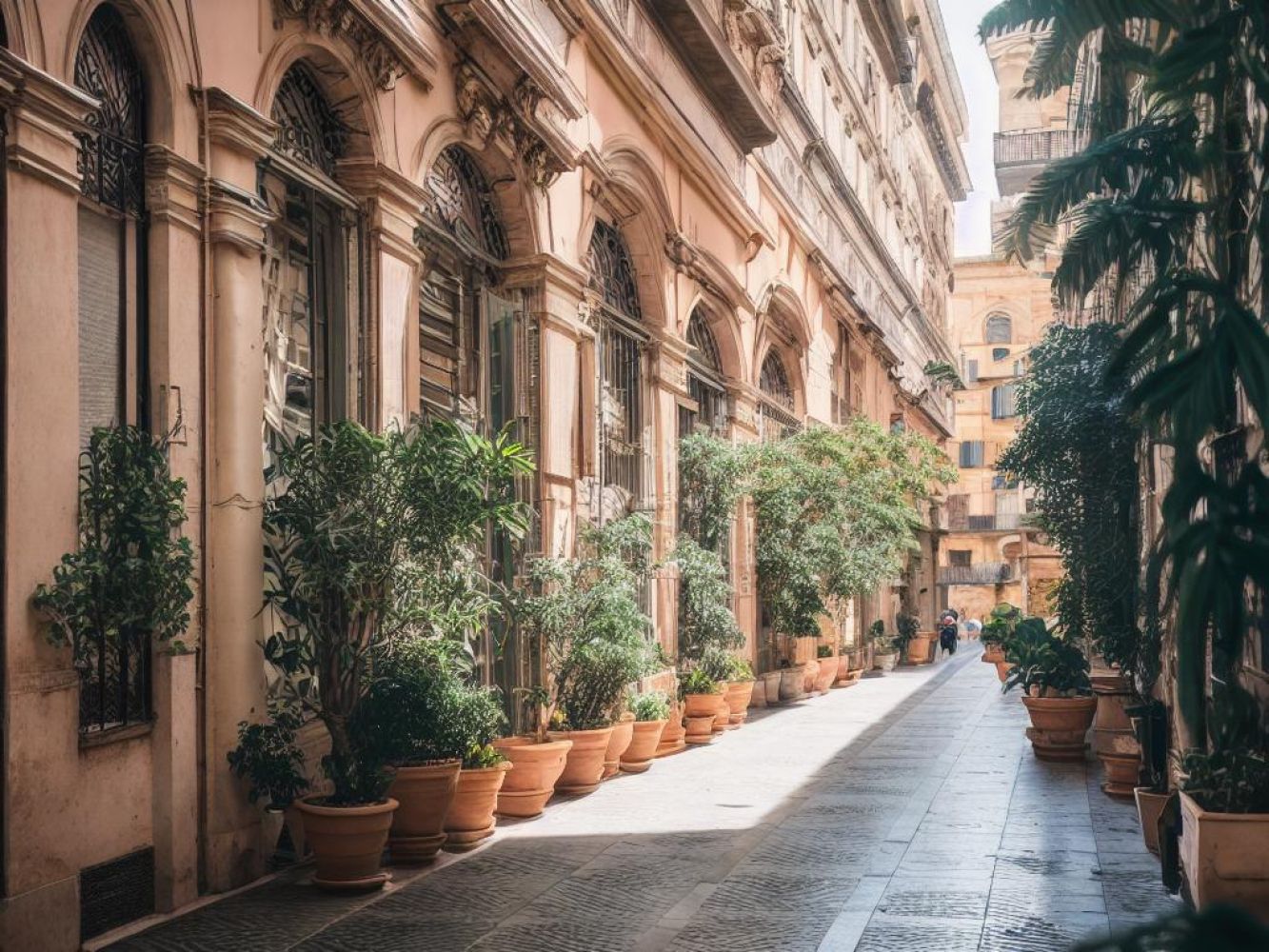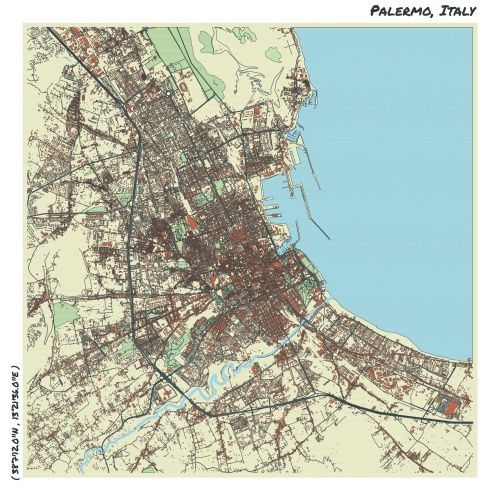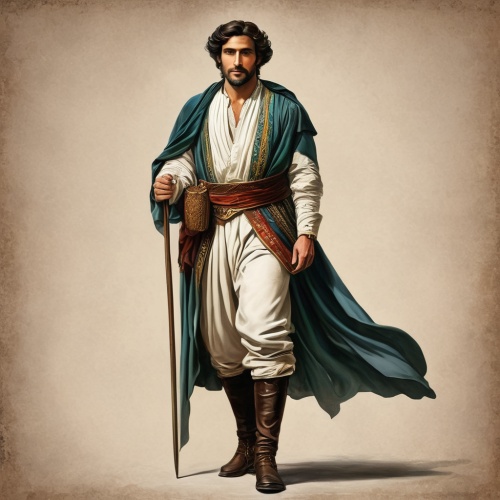Understand
Palermo, the capital of Sicily, has a captivating history that dates back to ancient times. Originally founded by the Phoenicians as "Ziz," the city later thrived under Greek rule and acquired the name "Panormos," meaning "all port." However, it was during the Arab domination in the 9th to 11th centuries that Palermo experienced its golden age. Known as the "city of delights," Palermo flourished as one of the wealthiest and most prosperous cities in the Mediterranean and Europe. Magnificent mosques, palaces, and gardens adorned the cityscape, creating a truly enchanting atmosphere. The Normans later conquered Palermo, leading to the destruction of many palaces and mosques. However, this event paved the way for a remarkable architectural style known as the "Arab-Norman Style of Sicily." This unique blend of Arabesque decorations, Romanesque architecture, and Byzantine mosaics symbolizes the diverse cultural influences that shaped Palermo's identity. Throughout its history, Palermo has been a city of great historical figures and events. It was home to Emperor Frederik II of Swabia, a renowned ruler of the Middle Ages known as "Stupor Mundi" or "Wonder of the World." Palermo also played a significant role in the unification of Italy, with its citizens actively participating in the revolutionary movement led by Giuseppe Garibaldi. Despite facing challenges in modern times, Palermo remains a captivating city. Its economy revolves around local government institutions, the bustling port, shipbuilding industry, and mechanical production. Palermo is also renowned for its world-famous wine-making companies, including Tasca d'Almerita, Duca di Salaparuta, Corvo, and Planeta, whose wines gain increasing popularity globally.








Comments
NO COMMENTS